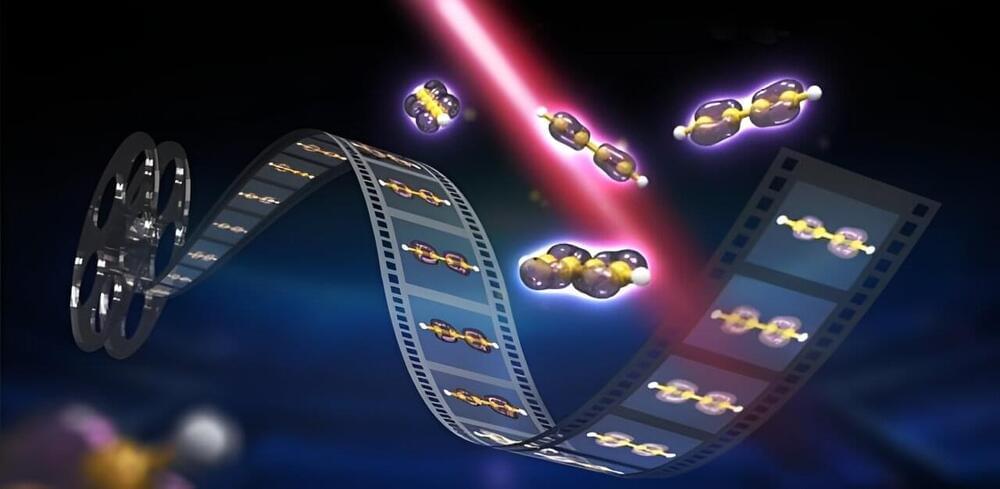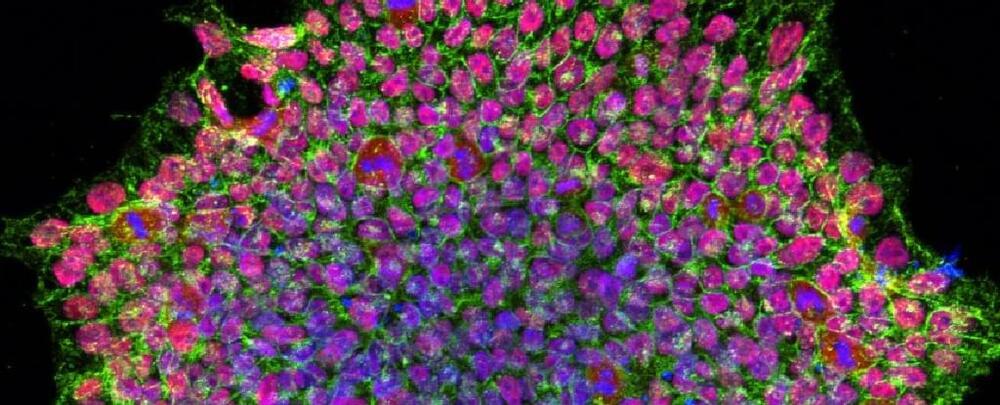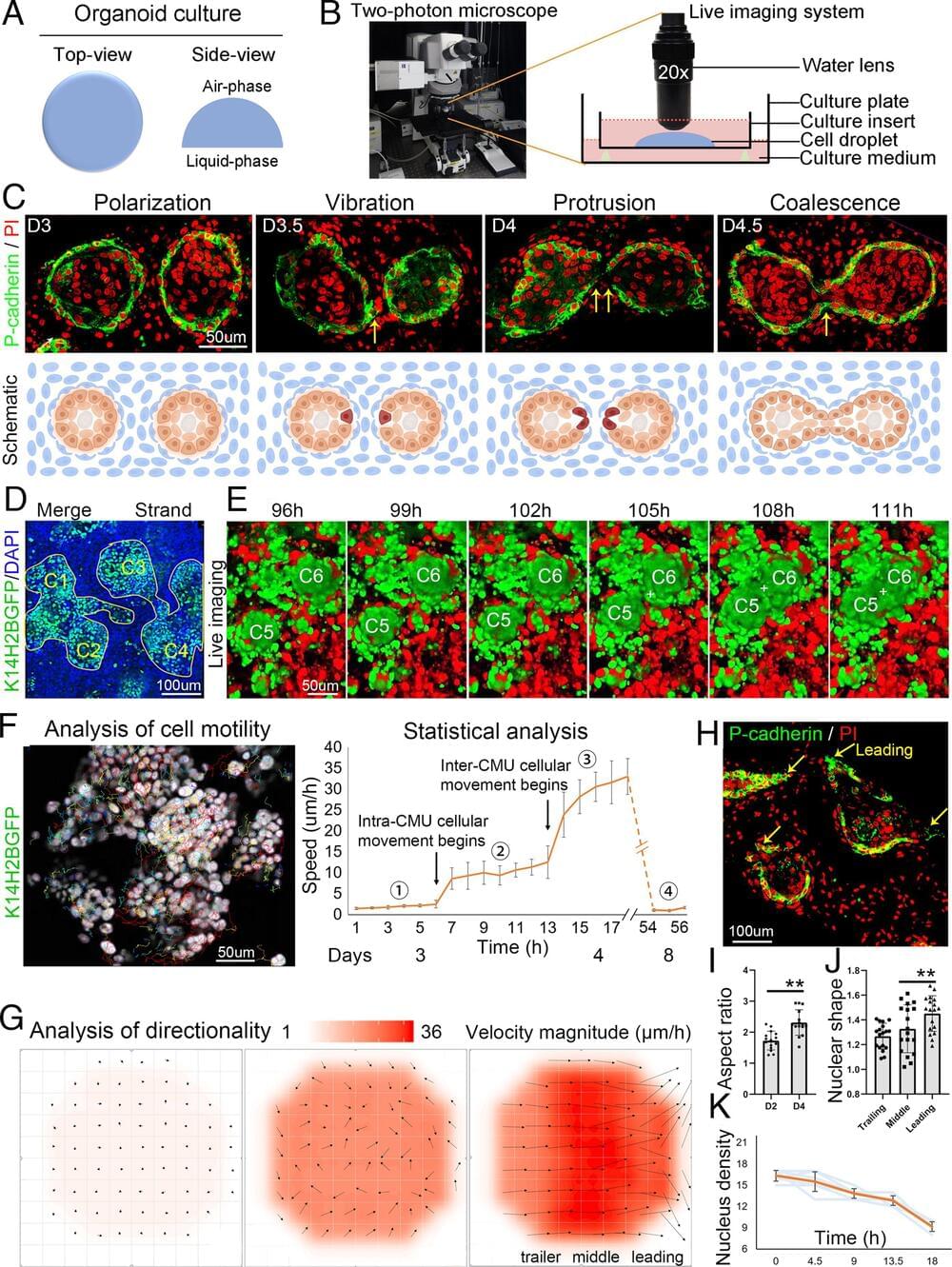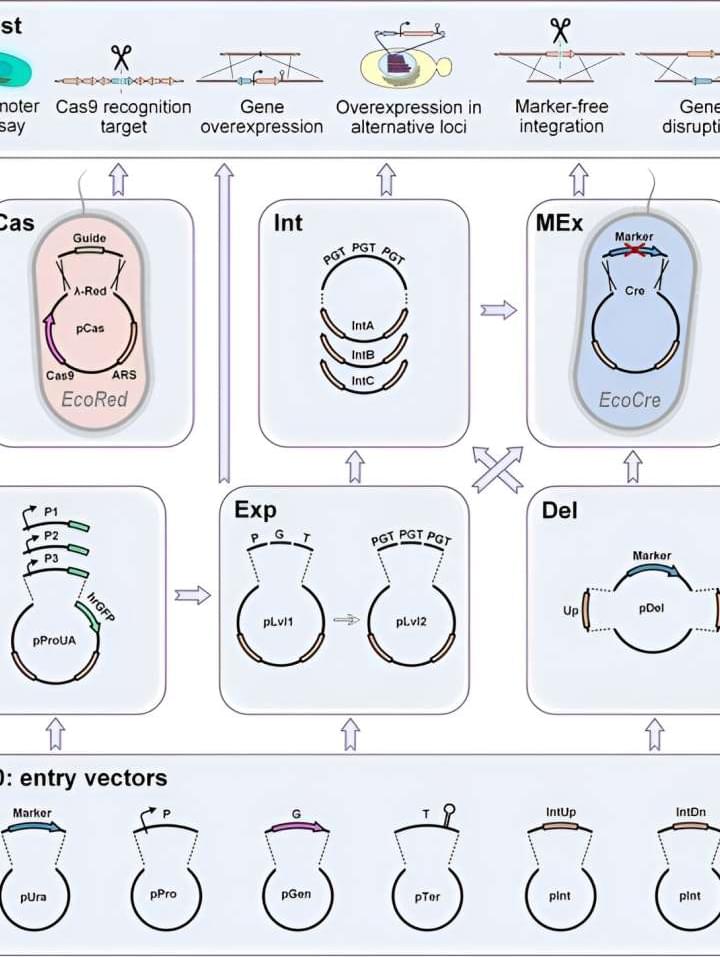To discover how light interacts with molecules, the first step is to follow electron dynamics, which evolve at the attosecond timescale. The dynamics of this first step have been called charge migration (CM). CM plays a fundamental role in chemical reactions and biological functions associated with light–matter interaction. For years, visualizing CM at the natural timescale of electrons has been a formidable challenge in ultrafast science due to the ultrafine spatial (angstrom) and ultrafast temporal (attosecond) resolution required.
Experimentally, the sensitive dependence of CM on molecular orbitals and orientations has made the CM dynamics complex and difficult to trace. There are still some open questions about molecular CM that remain unclear. One of the most fundamental questions: how fast does the charge migrate in molecules? Although molecular CM has been extensively studied theoretically in the last decade by using time-dependent quantum chemistry packages, a real measurement of the CM speed has remained unattainable, due to the extreme challenge.
As reported in Advanced Photonics, a research team from Huazhong University of Science and Technology (HUST), in cooperation with theoretical teams from Kansas State University and University of Connecticut, recently proposed a high harmonic spectroscopy (HHS) method for measuring the CM speed in a carbon-chain molecule, butadiyne (C4H2).







